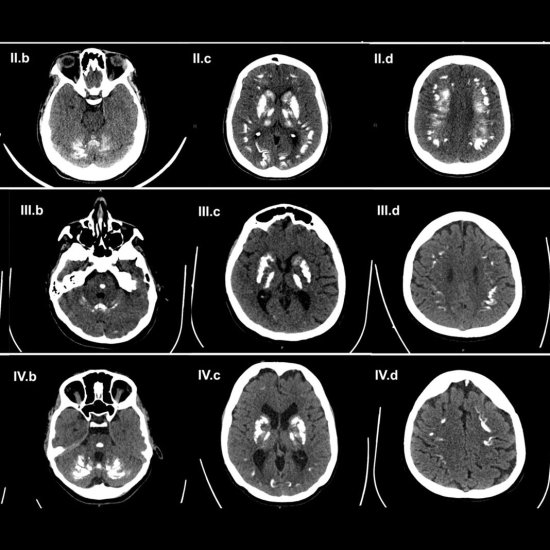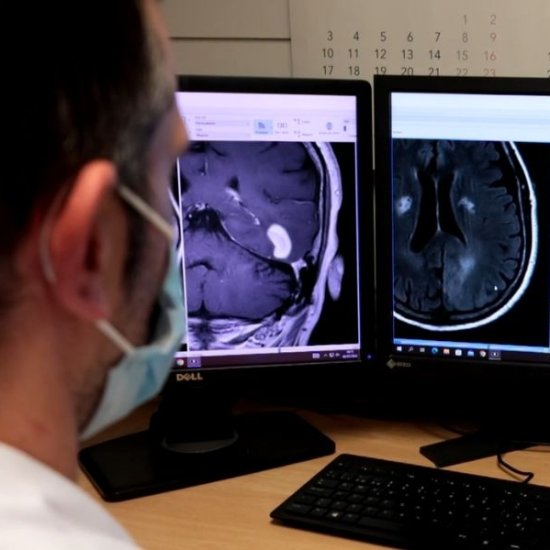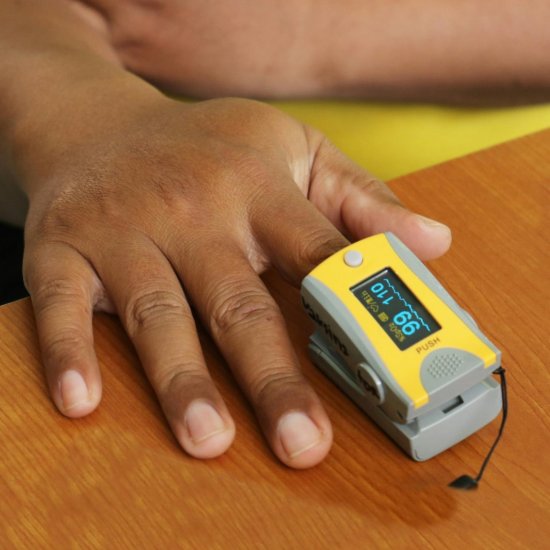
|
|
Artificial intelligence is about to change healthcare in many ways – but are the humans ready for it yet? Since the technology will not go away, experts urge that medical professionals should make every effort to understand how AI works and how it can be used as an assistive tool to enhance diagnostics, reduce workloads or improve accessibility. Keep reading to find out how preparation for AI in a clinical lab might look like, and learn about new applications of the technology, from analysing pathology slides and MRI scans to workflow optimization and dose management. Enjoy reading!
|
|
 |
Article • Improving quality and efficiency
Some year in this decade, AI tools will become ubiquitous within clinical laboratories. AI has the potential to increase the accuracy of laboratory testing and improve the quality and efficiency of operations and service of testing labs. |
Sponsored • Hip arthroplasty
An ageing population and modern lifestyle conditions have greatly increased the case numbers for hip arthroplasty. To prevent complications, it is important for orthopaedic surgeons to identify high-risk patients and take proper precautions. At the ... |
|
News • Interpretable machine learning system
Researchers work on the first prototype that applies AI to colorectal diagnosis. The prototype achieved a diagnostic acuity of 93.44% and a sensitivity of 99.7% in the detection of high-risk lesions. |
|
Article • Key findings of latest survey
Awareness of the importance of women’s health is on the rise, but many challenges remain: At ECR 2024 in Vienna, we spoke with Hologic about their continued evaluation of healthcare efforts for women. At the congress, the company also shared how ... |
|
Article • Medical imaging
Striking the balance between diagnostic efficacy and patient safety remains critical when utilising iodinated contrast media to deliver the best imaging outcomes. While playing a crucial role in diagnosis and treatment of disease, CT expert ... |
|
News • Neurodegeneration
Much like joints or blood vessels, the brain can be affected by calcifications. This can lead to neurodegenerative disease, but is not well studied. Now, researchers from Norway identified a gene that provides new insights. |
|
News • Voxel-wise classification
A novel AI-based, non-invasive diagnostic tool enables accurate brain tumor diagnosis, outperforming current classification methods. The tool leverages MRI information to aid clinical decision making. |
|
News • Heart rhythm disorder
Atrial fibrillation is the most common heart rhythm disorder globally. Patients at high risk for AF, such as those with heart failure or prior stroke, should be tested at every GP visit, experts say. |
|
News • Chemotherapy and novel surgery technique
US oncologists are exploring a new combined chemotherapy and surgical approach to safely remove advanced pancreatic tumors that were previously considered inoperable. |
|
News • Review calls for immediate action
Pulse oximeters delivering poorer results in people with darker skin tones, underdiagnosis of cardiac conditions in women: some medical devices are not as fair as the ought to be, a new review finds. |
|
News • Warfarin, personalised
Warfarin is sometimes prescribed after heart surgery, but getting the dose right requires a personalised approach for each patient. A new AI tool is designed to help with this complex task. |
|
|
|
| |
You are receiving this email because you subscribed to our newsletter on healthcare-in-europe If you don’t want to receive this newsletter anymore, click here to unsubscribe.
Keep up-to-date on the latest news from all hospital-related fields!
Subscribe to our bi-monthly newsletter. Copyright © 2025 mgo fachverlage GmbH & Co. KG.
All rights reserved. E.-C.-Baumann-Straße 5, 95326 Kulmbach, Germany
email: newsletter@european-hospital.com |
|



|
|











